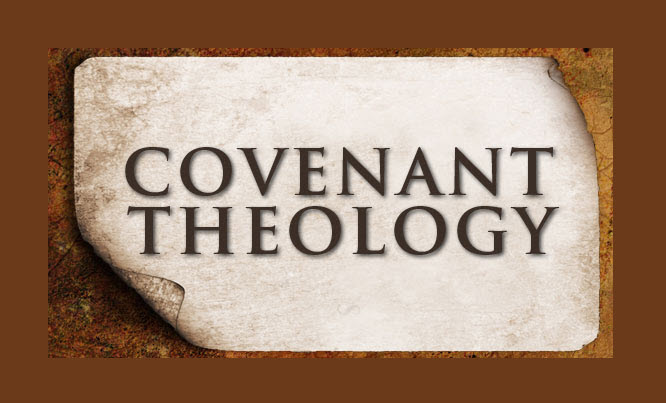What is Covenant theology?
Simply explained, it begins on the bible with the covenant of works that began in the Garden of Eden. Adam and Eve were given one command, with a clear consequence for disobedience. When Adam and Eve failed to keep God’s commandment, God established the covenant of grace. This covenant of grace is seen clearly in Jesus Christ, with salvation offered as a free gift of grace by faith (Ephesians 2:8-9).
Covenant theology refers to one of the basic beliefs that Calvinists have held about the Bible. All Protestants who have remained faithful to their heritage affirm sola Scriptura, the belief that the Bible is our supreme and unquestionable authority. Covenant theology, however, distinguishes the Reformed view of Scripture from other Protestant outlooks by emphasizing that divine covenants unify the teachings of the entire Bible.
Covenant / Reformed Theology is best explained by R.C. Sproul into three key time periods, used to help interpret the whole plan of redemption. Here we will not cover the other covenantal promised sprinkled through the Bible, but rather focus on the three overriding ones mentioned here. The Covenant of:
- Redemption – Unity of the God Head before creation
- Works – Failed obedience of the single law of God. As a result we are still covenant breakers!
- Grace – given by God throughout the rest of the Bible.
Westminster Confession of Faith (WCF)
Earlier developments in the Reformed Covenantal understanding of Scripture reached a high point in seventeenth-century England with the Westminster Confession of Faith (1646), the Savoy Declaration (1658), the London Baptist Confession of 1689, and each representing different groups of English-speaking Calvinists. With only slight variations among them, these documents each devote an entire chapter to the way God’s covenants with humanity reveal the unity of all that the Bible teaches.
For example, the Westminster Confession of Faith speaks of God condescending to reveal Himself to humanity by means of covenant. It then divides the entire history of the Bible into just two covenants: the “covenant of works” in Adam and the “covenant of grace” in Christ. The covenant of works was God’s arrangement with Adam and Eve before their fall into sin. The covenant of grace governed the rest of the Bible. In this view, all stages of the covenant of grace were the same in substance. They differed only as God administered His one covenant of grace in Christ in various ways throughout biblical history. Old Testament believers were looking forward, and New Testament are looking backward, in faith by God’s Grace thought the completed work of his Son Jesus the Christ.
Because of the focus on covenants, Covenant theology stresses the covenantal nature of both Baptism and the Lord’s Supper. These sacraments are seen as signs and seals of the covenant of grace. Salvation is not acquired through these acts, yet these sacraments hold a special role in God’s covenant work.
Calvinism | Covenantal | Confessional
